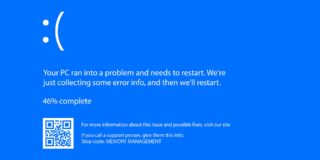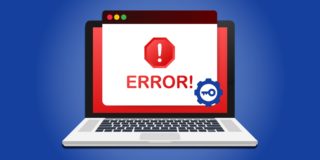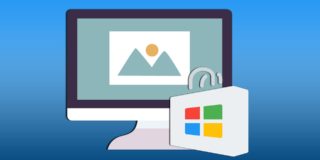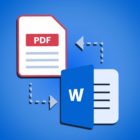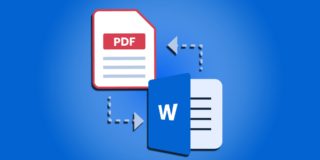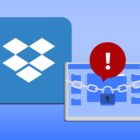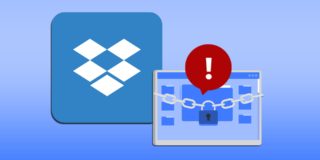What to Do if Your Laptop or Hard Drive is Making Noise
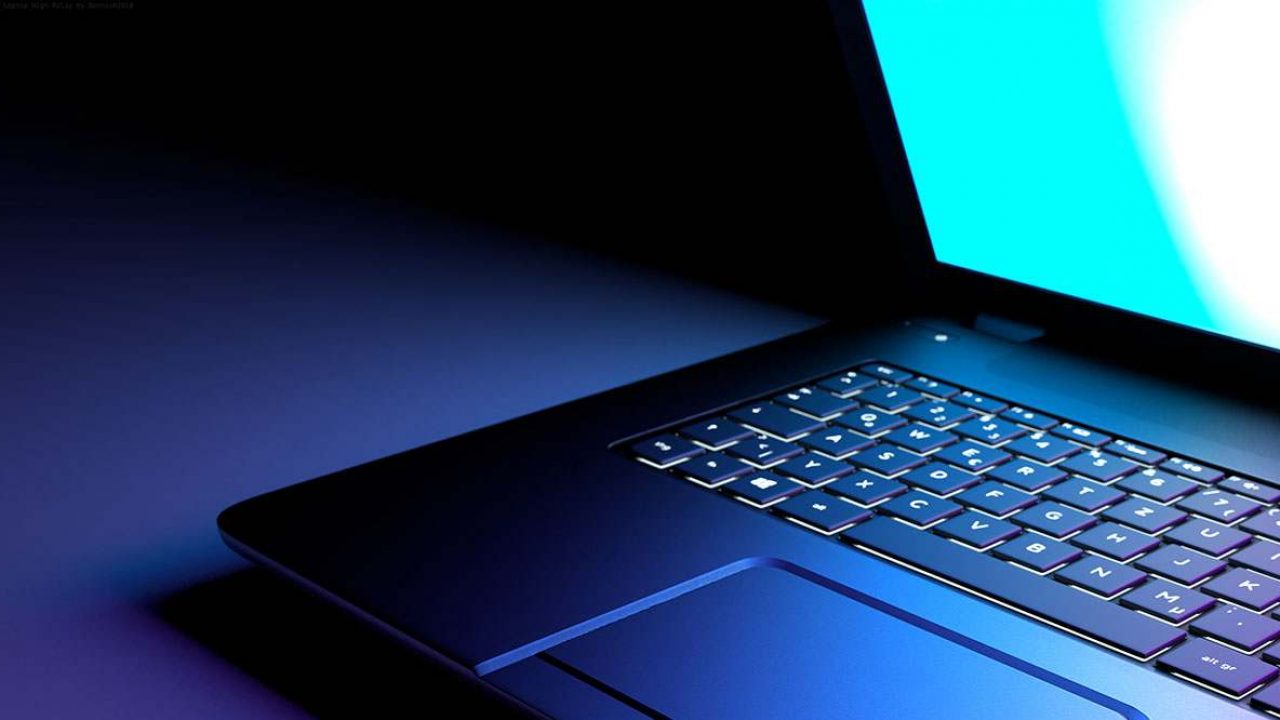
The hard drive is one of the most important components in your laptop or your desktop computer. It’s designed to run silently, the level of which may depend on the brand and model, but none should be making abnormal noises.
Or else it can indeed be cause for concern. If it is indeed your hard drive that’s failing, these noises might be the warning signs.
In this respect, we’re going to talk about the types of noises that you might hear and what they could mean. We’re going to suggest several solutions if you find yourself in such a situation.
What Kind of Noise Is Your Hard Drive Making?
For the hard drive, not all noises are equally ominous. In fact, hard drives are supposed to make certain noises because they have several moving parts.
And even noises like a low hum and soft whirling are likely perfectly normal. Only when the noises start to sound a bit more intense that you should pay closer attention.
Your hard drive might beep, sputter, and make grinding noises that sound off. But one of the most telling indicators that your hard drive is about to fail is clicking noises.
If you ever hear that, however, it doesn’t necessarily mean that your hard drive is going to crash in seconds or minutes, but only that you should do something about it.
Could It Be Another Part?
Before you panic and look up how much does a new hard drive cost, it’s probably good to make sure that it’s really your hard drive that’s making all the fuss.
To pinpoint the hard drive, you can try to detach the power cables from the drive and then reboot the computer. Of course, this will be easier if we’re talking about a desktop.
And if you still hear the same noises, then it can’t possibly be the hard drive. You can try other things to inspect the cables, internal speakers, the fan, and anything else you can think of.
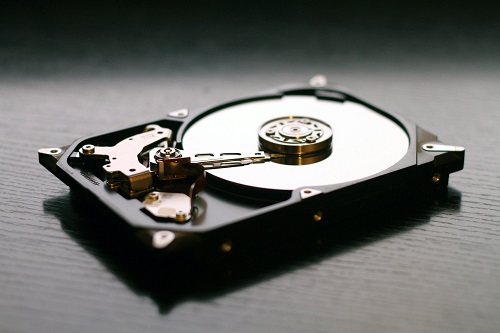
How to Fix the Noise Coming from Your Hard Drive
If you’re certain that it’s your hard drive that’s making noises, then it’s time to take some action. Before you actually do anything else, the best course of action is to back up any critical data on your hard drive.
If you have a lot of data, an external hard drive is the best option, failing which, cloud-based storage, though that could take a while to upload. But if you only need to save a few important files, a flash drive will do.
This is an important step because should your hard drive fail, you’re like to lose all the data. Even if you bring it to a recovery service, they might not be able to recover everything.
After the backup, here are what you can try.
Solution 1 – Ensure That the Hard Drive Has Enough Power
If one of your home’s power lines is overwhelmed, it might mean that your hard drive isn’t getting enough power. The power supply could be defective, and that’s what’s why the hard drive is making those sounds. If that’s the case, plug your computer into a different outlet, preferably in another part of the house, and check if it’s still making noises.
Solution 2 – Use the CHKDSK System Tool
The CHKDSK command is there to help you in situations like this. The whole point is to run it when you suspect that your hard disk is damaged or failing. It might also help with the repair of certain issues and errors. Here’s what you need to do:
- On your computer, press and hold the “Windows Key” and “X” key at the same time.
- When the window pops up, click on the “Command Prompt” option.
- Type “CHKDSK C: f/r/x” and hit enter.
Hopefully, this will fix any problems that your hard drive might be experiencing.
Solution 3 – Use the Built-In Disk Management Tool
You can run another native command to see if your hard drive is faulty. Do this:
- Press the Windows Key again and the “R” key on your keyboard.
- Then enter the following command in the pop-up window: “diskmgmt.msc” and hit “OK.”
- When another window appears, you need to highlight the offending drive and right-click on it.
- Then select “Properties” from the menu.
- On the next window, toggle to “Tools” and then select the “Check now” option under the “Error-checking” option.
Wait for the result to see if the errors are fixed.
Solution 4 – Replace the Hard Drive
If all else fails, you might have to replace your hard drive. If it’s a laptop, replacing the hard drive is going to be more complicated. You might not feel comfortable doing it on your own.
With desktop computers, in contrast, this is more straightforward. Before you do anything, make sure that your computer is not under warranty because you may be entitled to a free hard drive replacement. Of course, any unauthorized service of your computer will void the warranty.

Other Signs of Hard Drive Failure
Clicking, beeping, and grinding noises are not the only indicators that your hard drive might be in trouble. Other signs of problems could be frequent freezes and crashes than normal.
Also, if your files are suddenly corrupted or unusable, that’s another reason to be concerned. Finally, if everything slows down too much, that’s usually a sign that something in your computer is acting up, which may or may not be the hard drive.
Watch Out for the Noises
Some people have their headphones on when they’re on their computer, so they might miss any noises that arise.
But in most cases, you’re sure to hear it if something sounds as if things are going terribly wrong. Before jumping to conclusions, make sure that it’s not a smaller problem with your computer. And always make sure to back up the important files on your hard drive.
Have you heard strange noises from your hard drive before? Let us know in the comments section below.










